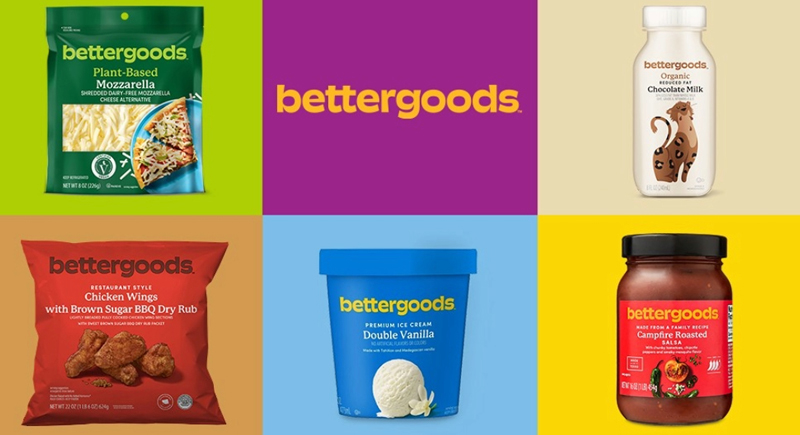Walmart Is Making a Major Change to Its Private-Label Foods
Walmart is planning a full cleanup of its store-brand foods. By January 2027, items under Great Value, Marketside, Freshness Guaranteed, and bettergoods will drop artificial dyes, preservatives, sweeteners, and more than 30 other additives. The shift signals a move toward simpler ingredient lists and products that match what many shoppers now expect from national “clean label” brands.
John Furner, President and CEO of Walmart U.S., stated that this move stems directly from customer feedback. According to the company, 62% of shoppers want more transparency about what’s in their food, and 54% regularly check ingredient labels. Walmart decided to simplify things by removing the confusing, chemical-sounding additives and focusing on ingredients people recognize.
The dyes being eliminated include FD&C Red 40, Yellow 5, and Blue 1, among others. The company is also banning substances such as titanium dioxide, azodicarbonamide, and parabens. These changes are part of Walmart’s effort to make its private brands cleaner while keeping them affordable. About 90% of its existing private-label products are already free from synthetic dyes, so this update completes that goal.
Part of a Bigger Food Movement
This move aligns with a national push for higher standards of healthier ingredients. Under the Make America Healthy Again (MAHA) initiative, Health Secretary Robert F. Kennedy Jr. has encouraged food makers to remove artificial dyes and additives. The FDA has also set a 2027 deadline to phase out Red Dye No. 3. Walmart joins companies like Campbell’s, Conagra, and Kraft Heinz, which are also replacing artificial ingredients with natural alternatives.
Walmart’s wholesale division, Sam’s Club, is moving in the same direction. It announced that its Member’s Mark foods will be free of artificial colors, aspartame, and high-fructose corn syrup by the end of 2025. This makes the company one of the few major retailers applying these standards across both retail and wholesale products.
Cleaner Food Without Higher Prices

Image via X/World Branding Forum
One of the biggest challenges for Walmart is striking a balance between offering cleaner recipes and maintaining its reputation for affordability. John Furner said Walmart will maintain its focus on keeping prices accessible while providing foods that customers feel good about serving their families. The company’s bettergoods line, launched in 2024, is already proving that higher-quality, plant-based foods can still fit within an everyday budget.
The bettergoods brand is also attracting wealthier customers who are more ingredient-conscious. This suggests Walmart’s new approach isn’t just about health but also about expanding its customer base. The brand’s early success shows there’s strong demand for affordable foods made with recognizable ingredients.
What Shoppers Can Expect Next
Customers can expect to see reformulated products gradually roll out throughout 2026. The shift will touch nearly every grocery category, from pantry staples to ready-to-eat meals. While Walmart’s stock briefly dropped 3% after the announcement, it remains up about 12% for the year, showing investor confidence in the long-term strategy.
Some experts believe taste changes could cause minor backlash, similar to what happened when General Mills changed Trix cereal in 2017. However, with stronger public support and government pressure for cleaner food, the trend appears to be here to stay.
By 2027, Walmart shelves will look the same, but what’s inside will be healthier, simpler, and more transparent. The nation’s largest retailer is betting that removing synthetic additives won’t just satisfy regulations but will also win over shoppers who care about what they’re feeding their families.